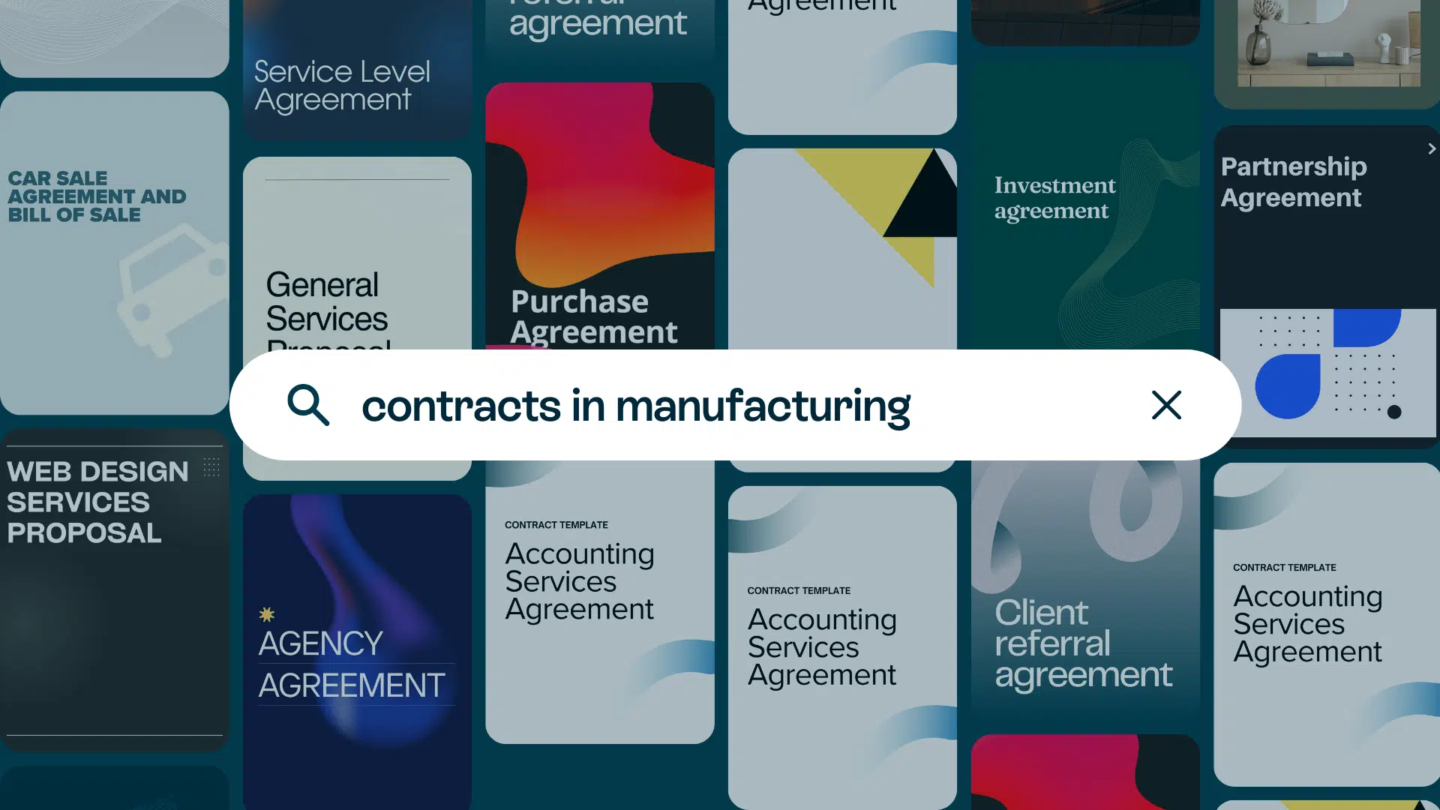In today’s digital age, the use of online services is becoming increasingly popular. One area that has seen significant growth is online notarisation. This process allows individuals to have their documents notarised remotely through the use of digital technology. If you’re curious about online notarisation in the UK, this comprehensive guide is just what you need to get started.
What is online notarisation?
There are around 800 certified notaries in England and Wales. Online notarisation in the UK is the process of having a notary publicly verify and authenticate electronic signatures and digital documents. This is done through the use of video conferencing software, electronic signatures, and digital stamps. The process is secure and convenient, allowing individuals and businesses to have their documents notarised from the comfort of their own homes or offices.
Online notarisation is becoming increasingly popular in the UK, with many individuals and businesses opting for this method over traditional notarisation. The process is quick, efficient, and cost-effective, making it an attractive option for those who need to have their documents notarised at pace.
The importance of online notarisation in the UK
The importance of online notarisation in the UK can’t be overstated. If you don’t have a physical notary near you, then you could find yourself travelling hours to visit the nearest one, taking up valuable business time, and potentially even impacting your ARR.
Online notarisation is also important for individuals and businesses who need to have their documents notarised quickly. Traditional notarisation can be a time-consuming process, requiring multiple visits to a notary public’s office. Online notarisation, on the other hand, can be completed in a matter of minutes, saving time and hassle.
Differences between traditional and online notarisation
Online notarisation in the UK is similar to traditional notarisation, but there are a few key differences. One of the most significant differences is that the notary public is not physically present to witness the signing of the document. Instead, the notary witnesses the signing through a live video feed. This allows for greater flexibility and convenience, so individuals and businesses can have their documents notarised to a UK standard from anywhere in the world.
Another key difference between traditional and online notarisation is the use of digital stamps. In traditional notarisation, physical stamps are used to verify the authenticity of the document. In online notarisation, digital stamps are used instead. These digital stamps are just as secure as physical stamps, but they are more convenient and cost-effective.
Online notarisation is a great alternative to traditional notarisation. It allows individuals and businesses to have their documents notarised quickly and efficiently, without the need for in-person visits. As technology continues to advance, online notarisation is likely to become even more popular in the UK and around the world.
Read also: Electronic signature: The benefits and how it works

The online notarisation process
Now that you understand what online notarisation is and why it’s important, let’s take a closer look at the process involved.
Step 1: Preparing your documents
Before you can have your documents notarised online, you need to prepare them. This involves ensuring that they are complete and free of errors. It’s essential to read through your documents carefully to make sure that everything is in order, and all required signatures are in place.
It’s also important to note that some documents may not be eligible for online notarisation. For example, documents that require witnesses or that must legally be signed in the presence of a notary can’t be notarised online. It’s always best to check with your notary beforehand to make sure that your document is eligible for online notarisation.
Step 2: Finding a qualified online notary
Once your documents are ready, it’s time to find a qualified online notary. Make sure that the notary you choose is authorised to perform online notarisation in the UK. You also need to ensure that the notary is available to meet with you at a time that is convenient for you.
It’s important to do your research when choosing a notary. Look for online reviews and ask for recommendations from friends or colleagues who have used online notarisation services before. You want to make sure that you choose a notary who is reliable, trustworthy and experienced.
Step 3: Verifying your identity
Before the notary can begin the notarisation process, they will need to verify your identity. This is usually done through an online video call, during which you will be asked to provide proof of identity. It’s essential to have a valid form of ID available, such as a passport, driving license or national ID card.
During the video call, the notary will ask you to hold up your ID to the camera and may ask you to answer some security questions. This is to ensure that you are who you say you are and to prevent fraud or identity theft.
Step 4: The notarisation process
Once your identity has been verified, it’s time to begin the notarisation process. The notary will witness you signing your document and affix their digital stamp to it. This stamp is a digital equivalent of a physical notary stamp.
The notary will also create a digital record of the notarisation, which includes information such as the date, time and location of the notarisation. This record is kept secure and confidential and can only be accessed by you or anyone you authorise to view it.
Step 5: Receiving your notarised documents
After the notarisation process is complete, the notary will provide you with a digital copy of your notarised document. You can then print, sign or share this document as needed.
It’s important to keep your notarised document safe and secure, as it’s a legally binding document. You may also want to make copies of the document to keep for your records or to share with others.
Overall, the online notarisation process is a convenient and secure way to notarise your documents. By following these simple steps, you can ensure that your documents are notarised quickly and efficiently, without the need for in-person meetings or lengthy delays.
Read also: Why Oneflow is a contract automation platform for everyone

Legal requirements and regulations
UK laws governing online notarisation
Online notarisation in the UK is governed by British law. The Electronic Communications Act 2000 allows for electronic signatures and digital documents to be legally binding. Other laws, such as UK GDPR, also apply to online notarisation to ensure that personal data is protected.
International recognition of UK online notarisation
UK online notarisation is recognised internationally. The Global Legal Blockchain Consortium and the European Union have both recognised UK notarisation as a legitimate way of authenticating electronic signatures and digital documents.
Data privacy and security concerns
Data privacy and security are understandably a significant concern for those considering online notarisation. However, the companies providing online notarisation services have put strict security measures in place to keep customer data safe and ensure privacy.
Read also: Electronic signatures in the UK: Are they legally binding?

Choosing the right online notary service
Factors to consider when selecting an online notary
When selecting an online notary service, it’s essential to consider several factors. These include the cost of the service, the qualifications of the notary, and the level of customer support offered.
Top online notary services in the UK
Some of the top online notary services in the UK include Notarize, DocVerify, and eNotary. Each of these services has its pros and cons, so it’s essential to research each one thoroughly before making a decision.
Tips for a smooth online notarisation experience
To ensure a smooth online notarisation experience, it’s essential to have a stable internet connection and a webcam with good video quality. You should also make sure that your documents are correctly formatted and error-free to prevent any delays or problems during the notarisation process.
The key takeaways
Online notarisation in the UK is a convenient and secure way to have your documents notarised in the UK. By following the steps outlined in this guide and selecting the right online notary service, you can have your documents notarised quickly and easily. So, go ahead and take advantage of the benefits of online notarisation for hassle-free document authentication.
And now for a quick disclaimer…
Just to be clear, as great as our website is, it doesn’t constitute legal advice. We’re only here to provide you with information. It’s great, useful information, but it’s not legal advice. We do our best to keep our content updated, but it may not be the most up-to-date legal or other information out there. We like to link to third-party sites. We do that for your convenience as our wonderful reader. But that also means that we’re not here to recommend or endorse any third-party sites.









